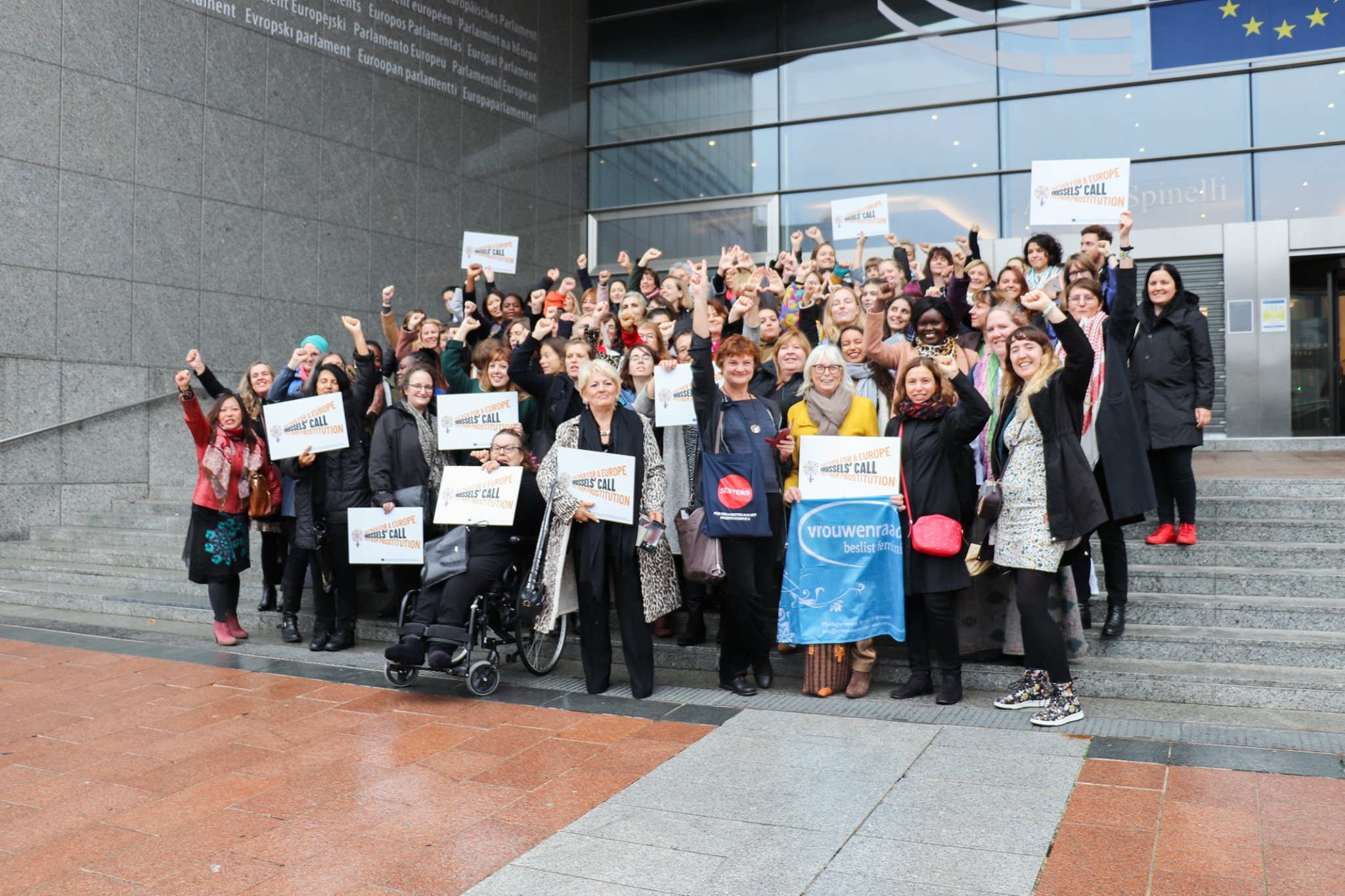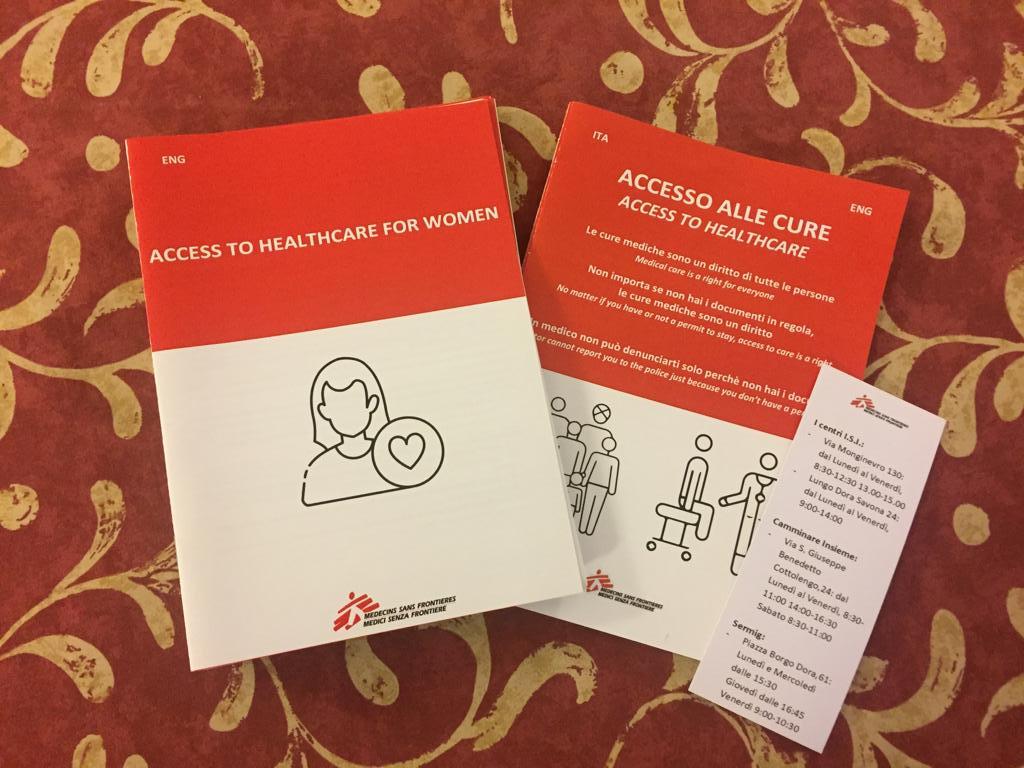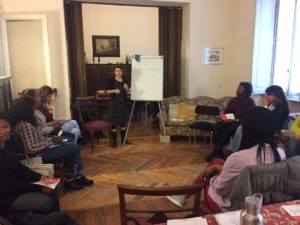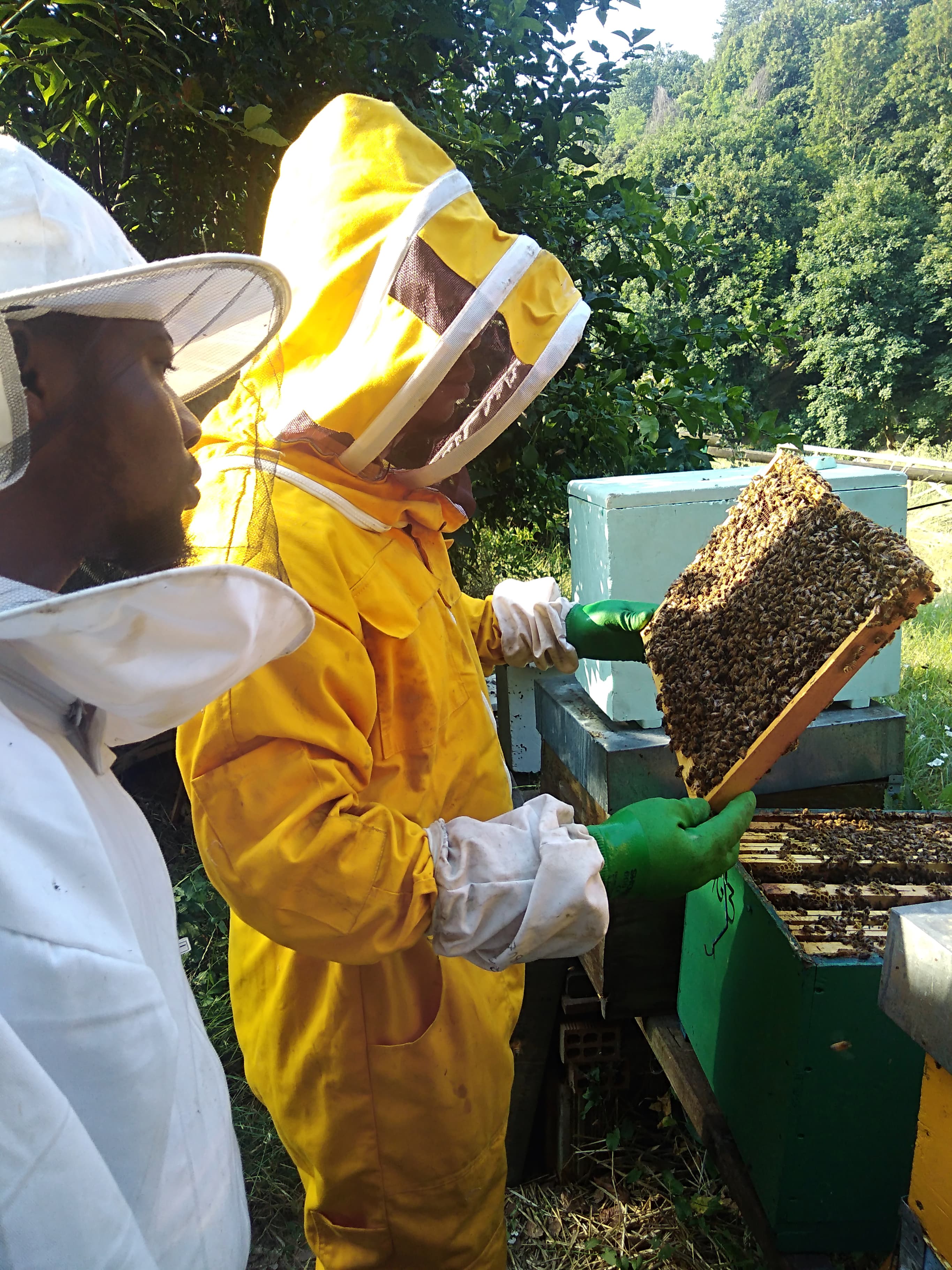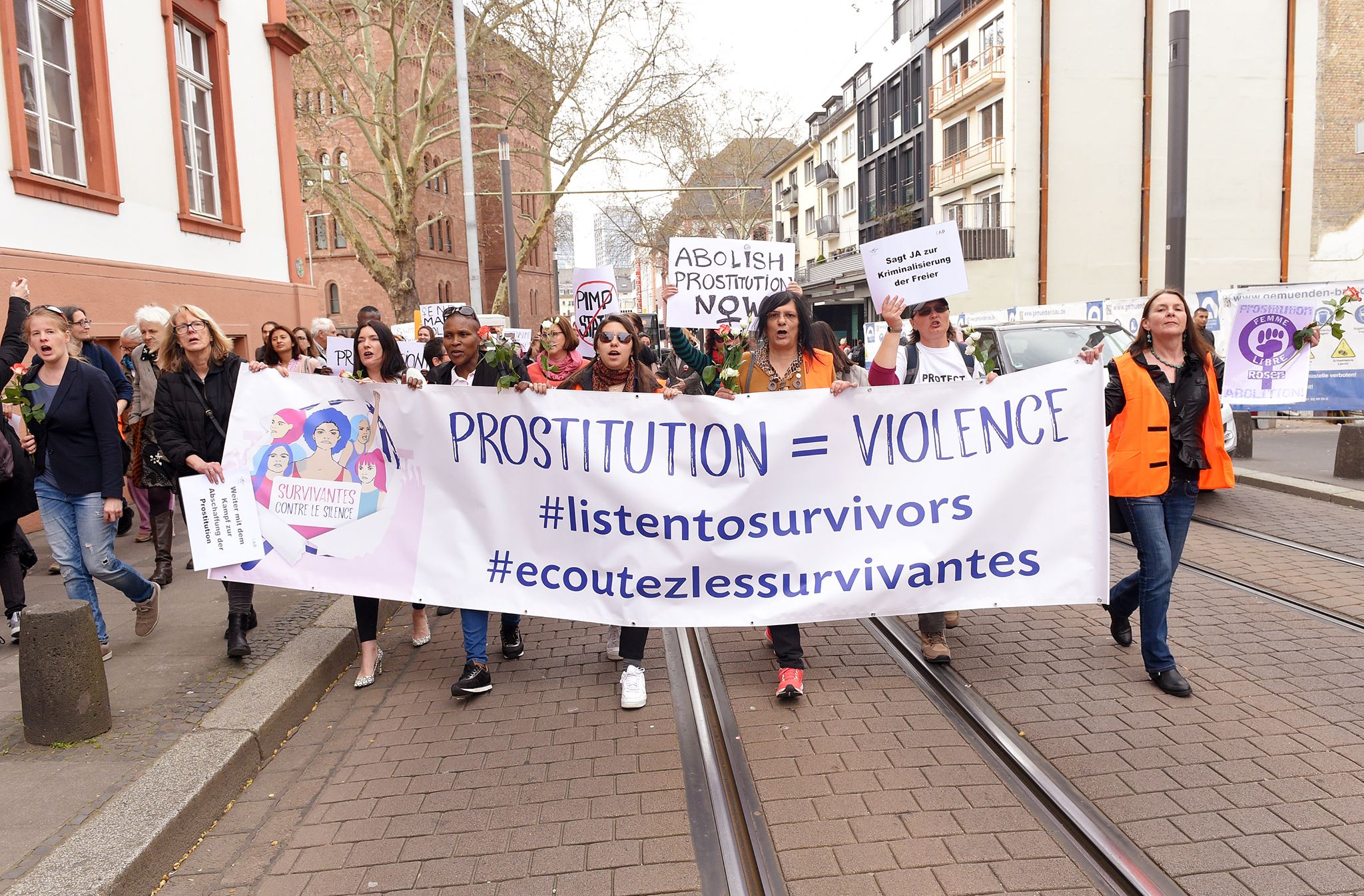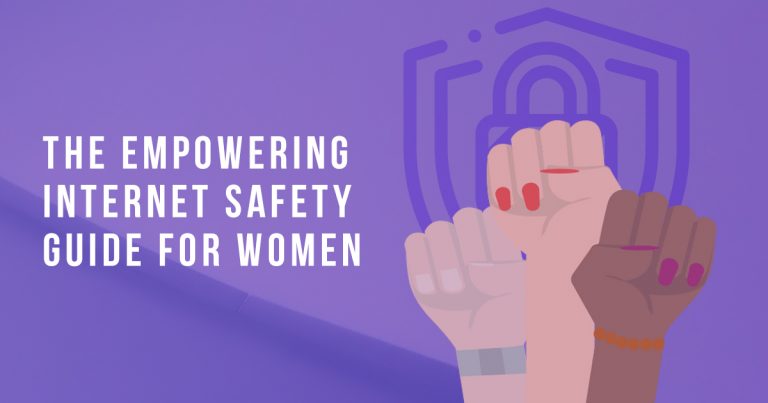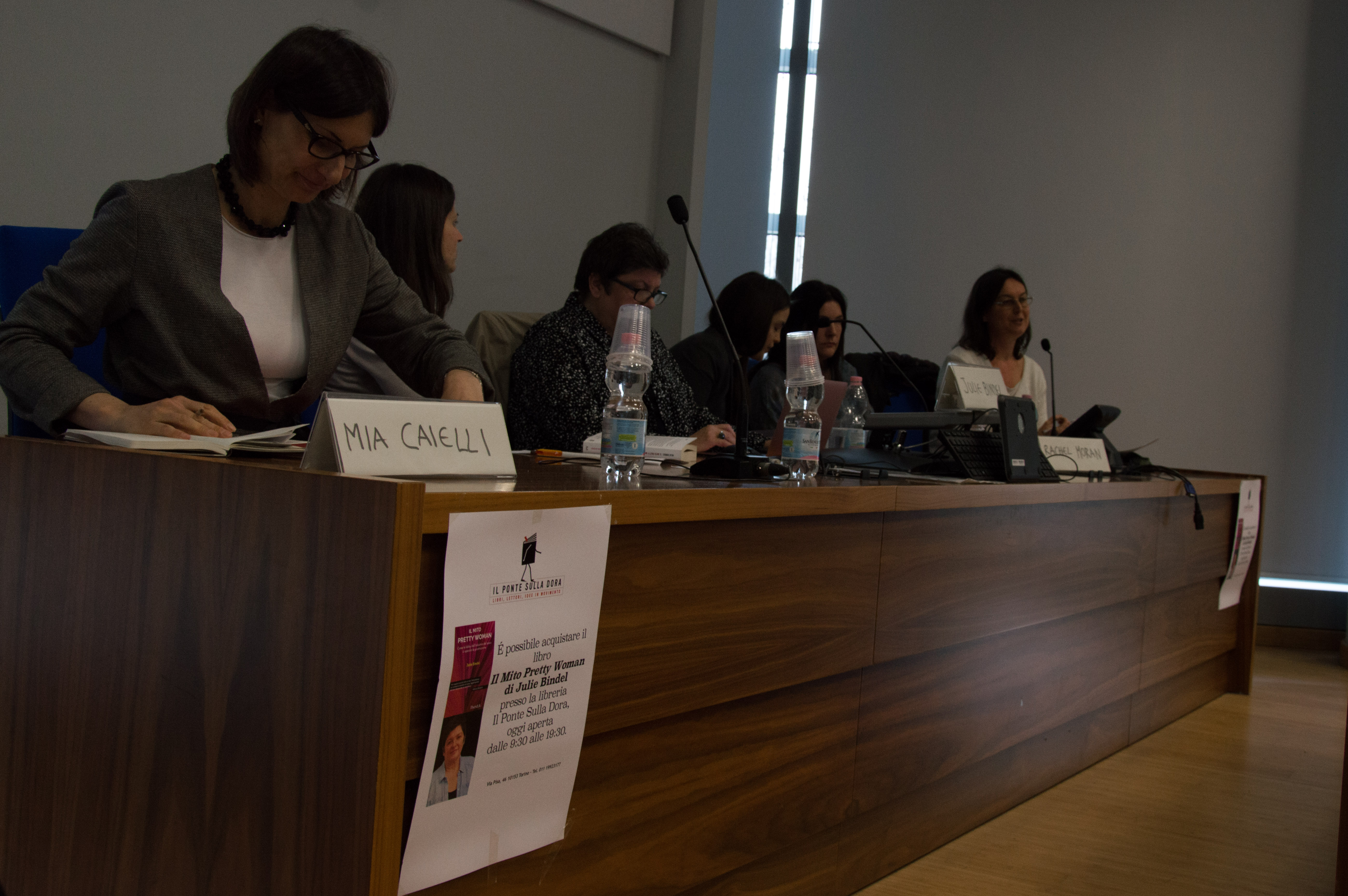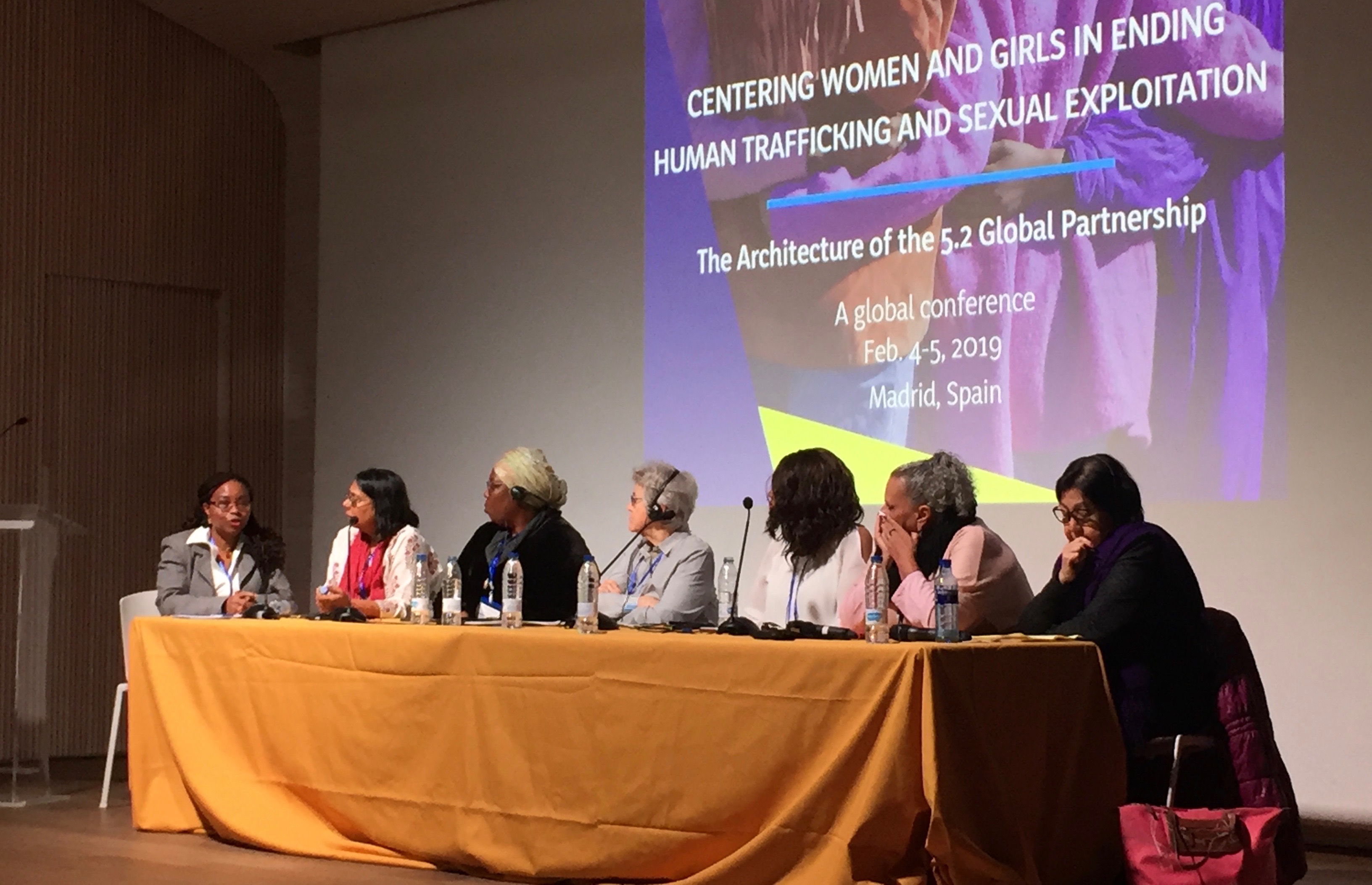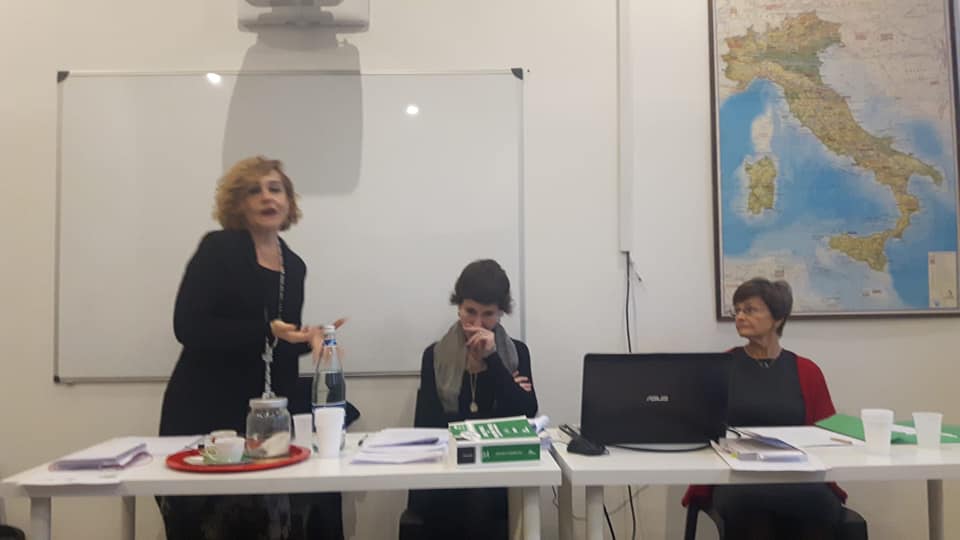Those of us who work or have worked in the third sector, among victims of violence and their oppressors, will understand the highs and lows that come with the experience. When we come into daily contact with the injustices our society continues to permit – all too often disproportionately against women – the lows are inevitable.That is why we have to embrace the highs! For our colleague, Ruby, the opportunity to attend the Brussels’ Call Conference on 16th October was one such occasion. There is something extremely moving and powerful about being in a room full of feminists and abolitionists, about being surrounded by successful, determined and compassionate women, of all ages and from all walks of life.
The conference, part of the Brussels’ Call campaign for a Europe free from prostitution, was held at the European Parliament (EP) in Brussels to celebrate the fifth anniversary of the EP’s ‘Resolution on sexual exploitation and prostitution and its impact on gender equality’ (also known as the Honeyball resolution), which represented a turning point in the fight against the sex industry and its inherent violence. This resolution was the recognition that prostitution is a form of violence against women and called for measures to end the demand for sexual exploitation. The conference explored the reality of prostitution across Europe and included contributions from some of those most directly affected and those still fighting for change.

